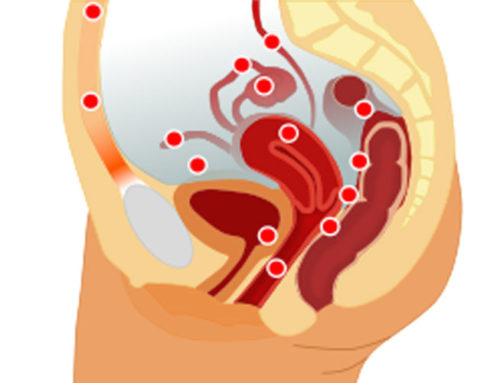Menopause is the natural midlife transition that every woman must go through. It doesn’t care who you are- It’s happening! What you can manage is the severity of symptoms that wreak havoc during peri-menopause, menopause, and beyond.
The hormonal changes and symptoms of menopause can have profound effects on many aspects of women’s health – both physical and mental health. Top reported complaints from women during menopause and beyond are:
The hormonal changes and symptoms of menopause can have profound effects on many aspects of women’s health – both physical and mental health. Top reported complaints from women during menopause and beyond are:
- Hot flashes and vasomotor symptoms (VMS)
- Vaginal dryness and atrophy
- Mood imbalances
- Weight gain
- Low energy and fatigue
While lifestyle changes and remedies can help provide some relief, menopause is a natural process that often requires time and patience to adjust to. Here are tips to manage menopause symptoms:
- Stay Active: Regular exercise such as walking, jogging, or yoga can help reduce hot flashed ad improve mood and sleep.
- Eat a balanced diet: Dr Serena recommends a Mediterranean diet as the best option to manage menopause symptoms. Read more here about the science-based evidence behind it.
- Stay hydrated: Drinking plenty of water can help to reduce hot flashes and other symptoms.
- Practice stress-reducing techniques: Stress can worsen menopause symptoms so finding ways to manage stress can be helpful. Examples include meditation, deep breathing exercises, and/or talking to a therapist.
- Get enough sleep: Sleep is the reset button for your body. Though sleep disturbances are common during menopause, it is important to prioritize getting enough quality, restorative sleep. Establishing a regular sleep routine and avoiding alcohol and caffeine before bedtime can be helpful.
- Use vaginal moisturizers: Vaginal dryness is a common symptom of menopause. Using a vaginal moisturizer or lubricant can hep to relieve dryness and discomfort.
- Consider hormone therapy: Hormone therapy can be effective in reducing menopause symptoms. Talk to your doctor about whether hormone therapy is right for you.
- Talk to a healthcare provider: Above all else, seek out help from a knowledgable medical provider. There is no one “right” way to manage its symptoms. What works for one person may not work for another, so it’s important to talk to a healthcare provider about what options may be best for you.
Schedule a consult with Dr Serena today to create treatment therapies for Healthy Aging and discuss strategies to both maintain and improve your health, (425) 398-9355.


























